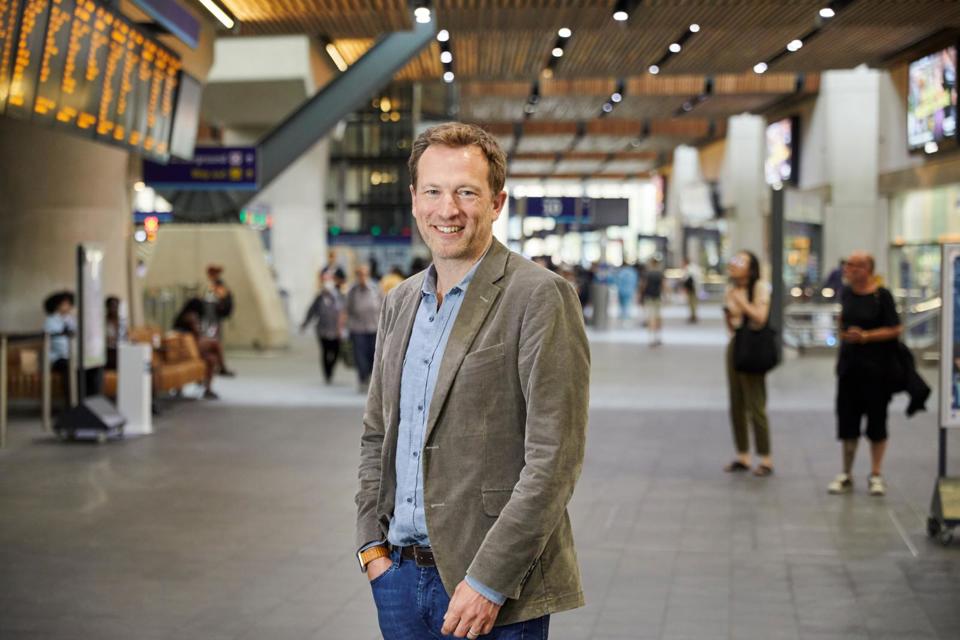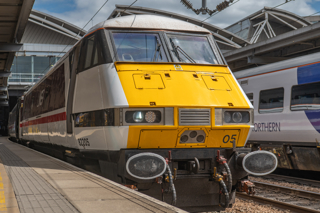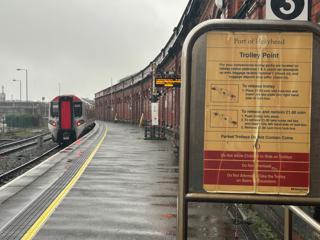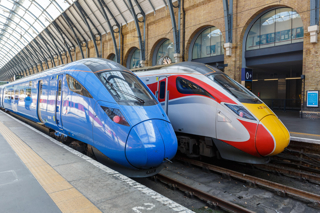Twenty-five years ago, a quiet evolution started in one corner of the rail industry, with the launch of the UK’s first train ticketing website.
At ‘The TrainLine’, until that point purely a telesales business, the then-management team felt there were considerable advantages to putting their booking system online for direct access by passengers.
A quarter of a century later, Trainline is just one of more than 40 different companies who sell tickets online to UK passengers, each one promoting the benefits of rail travel to the public and making access to rail travel easier.
More than half of rail tickets are now bought online, with 90% of those delivered instantly through digital barcode tickets.
I am an optimist, and I have long believed that the next ‘Golden Age of rail’ lies just ahead.
There is so much more we can do as an industry to improve the passenger experience and turbo-charge revenue. Quick wins can go far to rebuild passenger trust and remove some hurdles to rail travel.
Delay Repay is a classic example. The YouGov survey found that only 50% of people who had tried to claim found it easy to get back the money they were owed.
Rail needs to make it as easy to reclaim for delays as it is to buy tickets in the first place.
Likewise, we have created a system with unnecessary ticketing friction. For example, barcode tickets are the most popular way to buy train travel, but they still can’t be used for journeys that involve travelling through London.
Secondly, it’s crucial that we empower customers by increasing choice.
There has been a welcome shift in attitude towards open access competition in the past 18 months, and for the long-distance market it delivers real results.
On the East Coast Main Line, the three open access operators (Hull Trains, Grand Central and Lumo) now have a combined 15% share of passenger journeys despite their comparatively limited range of routes.
But we can go much further to reap more benefits. In Italy, for example, competition between Trenitalia and Italo resulted in prices falling by 40% and demand doubling on the Milan-Rome route in just six years. There is much untapped potential for UK rail here.
Finally, it’s time to encourage more new thinking.
LNER’s new flexible fare has been criticised in some quarters, but let’s see what the data tells us. If it increases the number of travellers and revenue, then it’s proving its worth. If not, use the learnings, move on, and try something else instead.
That new thinking also needs to extend to how we sell rail’s purpose to a sometimes-sceptical public.
Sustainability is still our secret weapon. Travel remains under-appreciated in the public mind as the biggest way to reduce their carbon footprint.
The climate challenge is resonating in many sections of society. We must ensure that train travel in place of driving or flying is recognised as an important part of the answer.
Embrace new thinking, remove hurdles, and empower our customers. If we deliver against these three objectives, we’ll find that new ‘Golden Age of rail’ is much closer to becoming a reality.
A full version of this opinion piece appears in issue 1007 of RAIL. Get your copy delivered to your letterbox or inbox.

















Login to comment
Comments
No comments have been made yet.